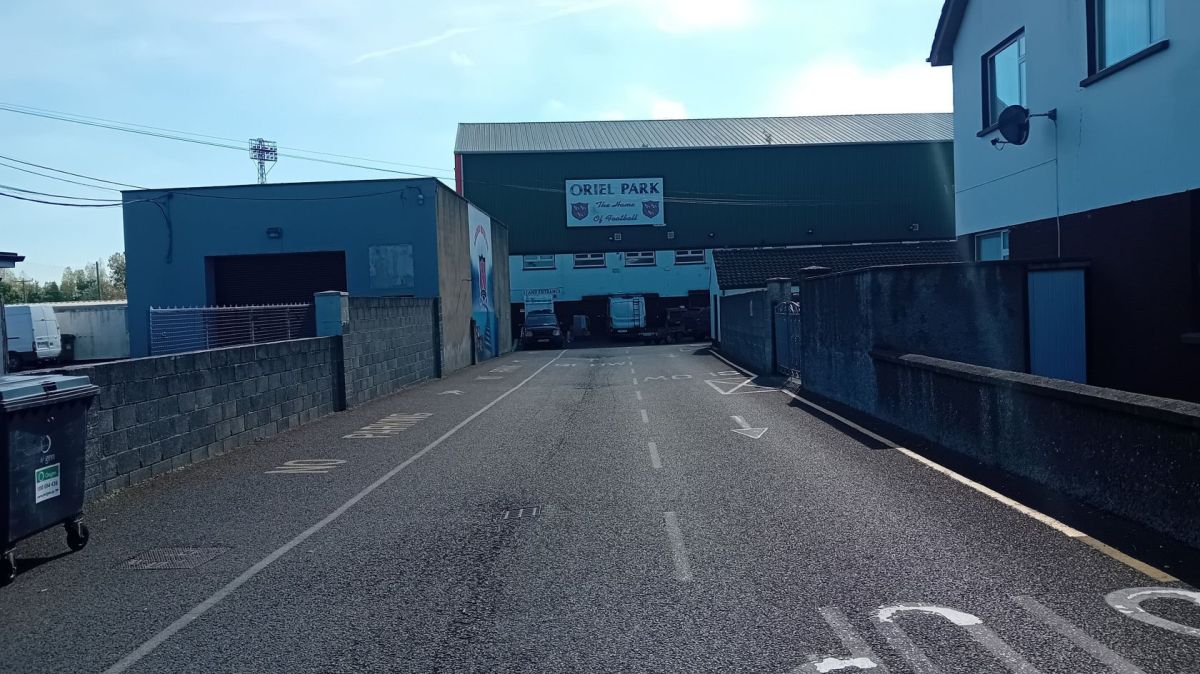Figures obtained by BBC News NI suggest thefts are often linked to organised crime, particularly in rural areas like Mid Ulster and the Causeway Coast and Glens.
Police say the high value of livestock, coupled with the scale and planning involved, indicates that many incidents may involve cross-border criminal networks. Supt Johnston McDowell, the PSNI rural and wildlife crime lead, noted that officers are working with the Republic of Ireland’s An Garda Síochána in some investigations.
The Ulster Farmers’ Union (UFU) echoed concerns, with representatives John McCleneghan stressing that the effort required to steal dozens of animals points strongly to organised operations. “The higher the value of livestock, the more incentive there is for criminals,” he said, urging farmers to invest in deterrents like animal tagging, CCTV, and locked gates – despite the added financial burden.
One of the most striking cases occurred in January 2024, when 50 lambs were stolen during the night near Park, County Londonderry. Farmer Dermont Mullan described the theft as a “well-planned operation” that cost him up to £7,000 and left his family emotionally shaken. “It was a real loss – financially, yes – but also emotionally. My sons looked after those lambs,” he said.
Despite a reported 9% fall in rural crime overall in 2024, livestock theft across the UK remains a major concern, costing an estimated £3.4 million. While the police stress there is no evidence of an increase of animal theft, they continue to urge vigilance and improved farm security.
The Department of Agriculture called livestock theft a “direct threat” to farmers’ livelihoods and to the integrity of food traceability systems.















